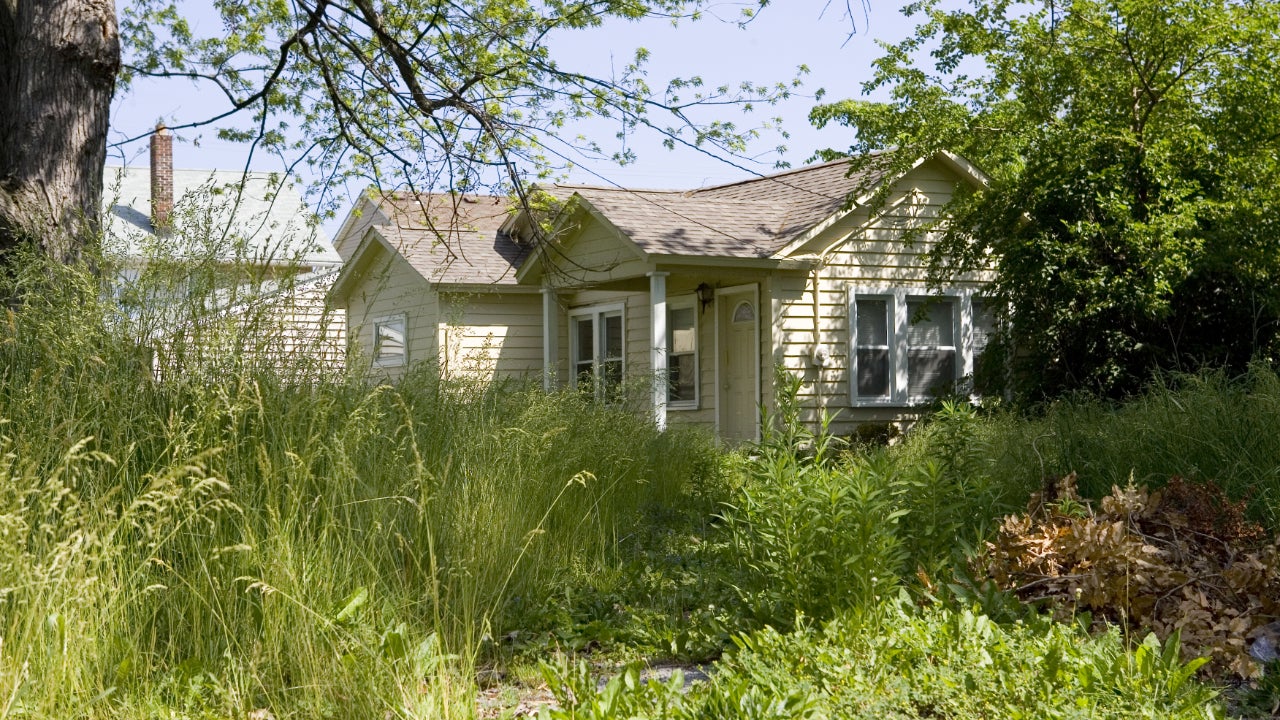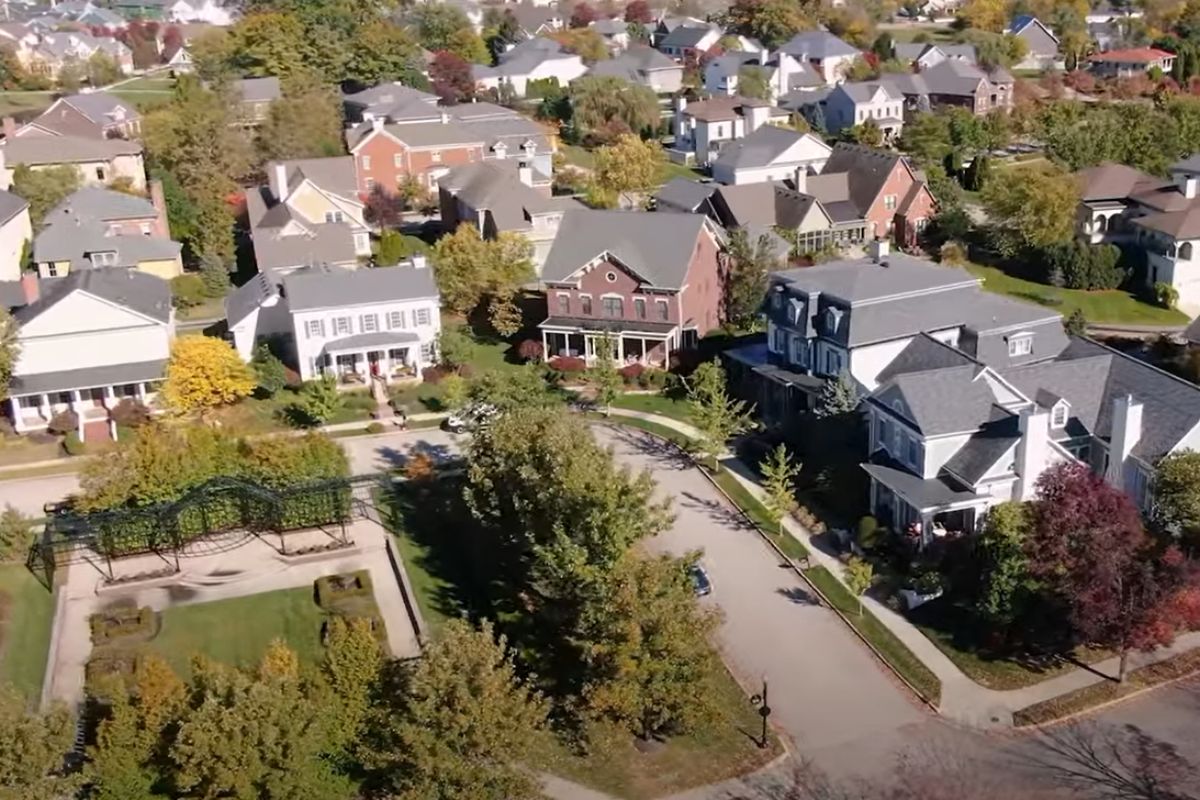Supporting Neighborhood Development: Proactive Management for HOA San Antonio
Wiki Article
The Function of Homeowners in Forming HOA Plans
In the world of home owners' associations (HOAs), the duty of house owners in forming policies holds substantial relevance. House owners are not just occupants yet active stakeholders in the community they stay in, with a vested passion in the guidelines and regulations that regulate their lives. Understanding how house owners can add and affect to HOA policies is vital for promoting an unified living atmosphere. By discovering the methods whereby property owners can impact decision-making procedures, we reveal a dynamic interaction that forms the extremely essence of neighborhood living. Remain tuned to untangle the intricate web of property owner engagement and its influence on forming HOA plans.Importance of House Owner Engagement
Property owner involvement plays a critical role in shaping the plans and decisions of home owners' associations (HOAs) When house owners proactively take part in the decision-making processes of their HOA, they contribute varied viewpoints that can lead to more comprehensive and well-shaped policies (hoa san antonio).Furthermore, homeowner involvement promotes a feeling of possession and accountability within the area. In addition, engaged house owners are a lot more most likely to support HOA campaigns, which can lead to smoother implementation and higher total success.
Ways to Influence HOA Plans
Efficient participation in homeowners' association (HOA) meetings and committees uses locals opportunities to shape and affect HOA plans. One of the most straight ways home owners can affect HOA policies is by proactively getting involved and participating in in HOA conferences. By articulating concerns, recommending ideas, and involving in conversations during these meetings, homeowners can directly influence the decisions made by the HOA board. In addition, house owners can think about competing placements on the HOA board or committees themselves. By ending up being board members or committee leaders, homeowners can straight impact the development and execution of HOA policies.Moreover, property owners can work together with their next-door neighbors to form an unified front when advocating for specific plan adjustments or initiatives. By organizing requests, conducting surveys, or organizing community conferences, house owners can show the level of support for their proposed policies and enhance their chances of influencing the HOA's choices. Ultimately, by proactively taking part, engaging with fellow homeowners, and taking on management roles within the HOA, homeowners can properly influence and form HOA policies to much better mirror the demands and preferences of the area.
:max_bytes(150000):strip_icc()/hoa_definition_final_0831-cbe453e1394645a4aef8e856cba48d60.jpg)
Influence of Homeowner Involvement
The energetic involvement of locals in house owners' association (HOA) activities significantly influences the decisions and policies regulating the area. When home owners take part in HOA conferences, give comments on suggested policies, and engage in discussions with the board participants, their input can shape the instructions of the area. Home owner involvement ensures that the HOA board takes into consideration a varied variety of perspectives before choosing that impact the entire neighborhood.In addition, home owner participation can lead to increased transparency within the HOA. By proactively participating in the decision-making process, residents can hold the board accountable for their actions and make sure that policies are implemented fairly and in the most effective rate of interest of the neighborhood as a whole.
In addition, when dig this property owners actively join shaping HOA plans, they feel a greater sense of ownership and satisfaction in their community (hoa san antonio). This feeling of participation fosters a stronger feeling of neighborhood and urges homeowners to function together in the direction of usual objectives, eventually producing a more preferable and unified living setting for all locals

Advantages of Active Home Owner Involvement
this content Active involvement by homeowners in homeowners' organization tasks adds substantially to the enhancement of neighborhood governance and communication. When homeowners proactively engage in HOA events, they bring varied perspectives and useful understandings to the decision-making procedure. This participation promotes a sense of ownership and obligation amongst citizens, resulting in an extra unified and cohesive area.Furthermore, energetic house owner participation aids to make sure that HOA plans align with the requirements and preferences of the neighborhood participants - hoa san antonio. By voicing their worries and viewpoints, locals can influence the growth of guidelines and regulations that promote consistency and wellness within the area. This collective method not only strengthens neighborhood bonds yet also improves the total high quality of life for house owners
Furthermore, energetic property owner participation can bring about raised transparency and liability within the property owners' organization. When citizens are actively taken part in the administration process, there is higher oversight and scrutiny of decision-making, which can help stop prospective disputes and make certain equitable and fair treatment for all participants. Ultimately, the benefits of energetic homeowner participation expand beyond individual households to develop a more vibrant and thriving neighborhood.

Producing a Community-Driven HOA
Offered the value of house owner involvement in forming HOA policies, cultivating a community-driven technique is important for the lasting administration and advancement of the neighborhood. A community-driven HOA encourages homeowners to proactively take part in decision-making procedures, guaranteeing that plans mirror the varied needs and preferences of the area. By encouraging open communication and cooperation between home owners and the HOA board, a feeling of common duty and possession is grown, leading to enhanced contentment and harmony within the community.Developing a community-driven HOA involves developing systems for homeowner responses, such as studies, city center meetings, or idea boxes, to web link gather input on essential problems and potential plan changes. Additionally, advertising transparency in HOA operations and decision-making procedures cultivates count on and responsibility amongst homeowners. By valuing house owner point of views and engaging them in the administration of the community, a community-driven HOA can improve total resident satisfaction, promote a sense of belonging, and contribute to the long-lasting wellness of the area.
Final Thought

To conclude, energetic home owner interaction plays a critical function in shaping HOA policies. By joining decision-making procedures and articulating their problems, home owners can affect the direction of their area. This involvement leads to an extra comprehensive and joint setting within the HOA, inevitably profiting all citizens. Creating a community-driven HOA requires continuous interaction and collaboration in between home owners and the organization to make sure plans mirror the demands and preferences of the neighborhood.
In the world of house owners' associations (HOAs), the function of homeowners in shaping policies holds significant significance.Property owner engagement plays a critical role in forming the plans and decisions of homeowners' associations (HOAs)Effective participation in home owners' organization (HOA) boards and conferences provides citizens possibilities to shape and affect HOA plans. Ultimately, by proactively participating, engaging with fellow locals, and taking on leadership roles within the HOA, home owners can properly influence and form HOA plans to better reflect the requirements and choices of the neighborhood.
Furthermore, active house owner participation can lead to boosted transparency and responsibility within the home owners' organization.
Report this wiki page